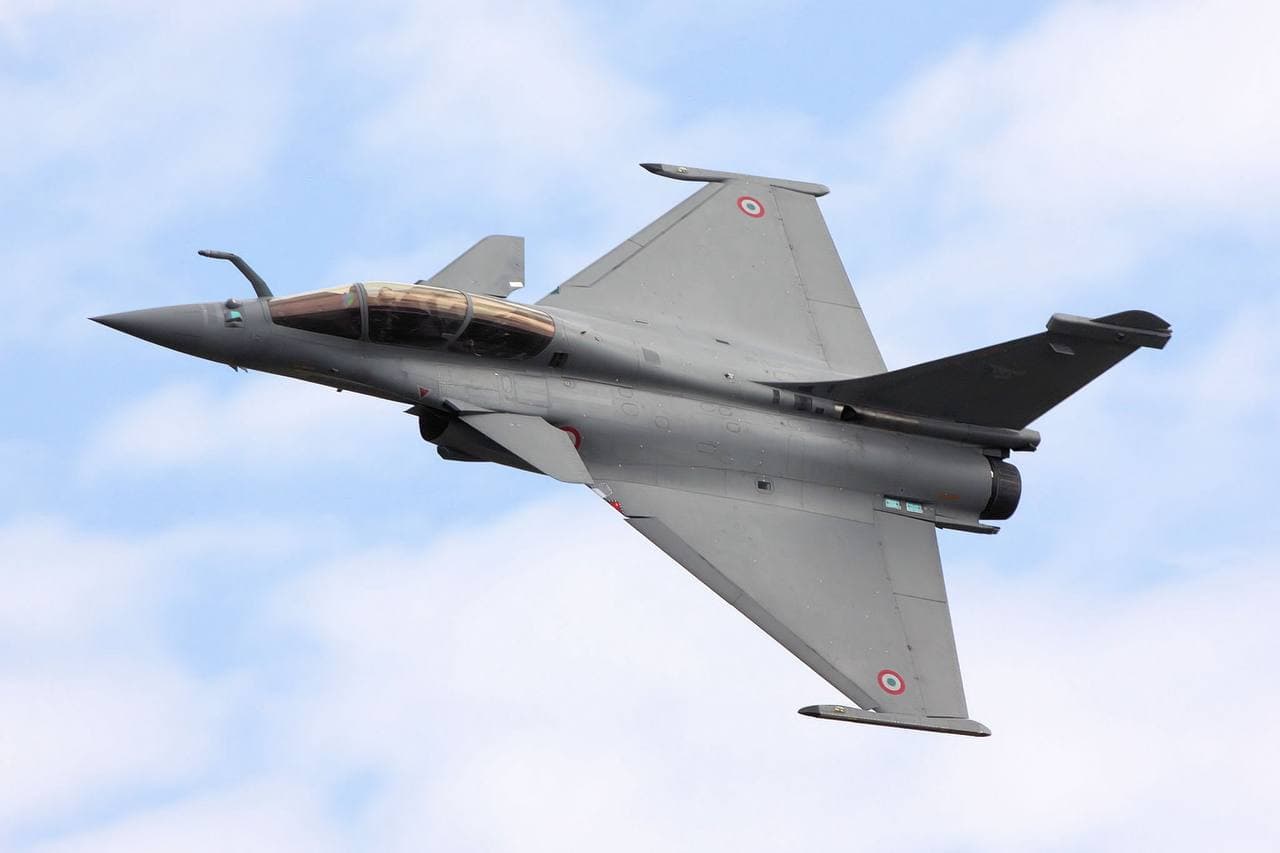Pakistan Claims Successful Jamming of Indian Rafale Ops, Sparking Defense Upgrades
In a significant escalation of tensions between India and Pakistan, Pakistani officials have asserted that their forces successfully jammed Indian surveillance systems during recent military operations. This alleged interference reportedly impacted the situational awareness of Indian Rafale fighter jets, raising concerns about the effectiveness of India"s advanced aerial capabilities. Indian defense sources, however, have dismissed these claims regarding Rafale jets but acknowledged that their Sukhoi aircraft experienced electronic disruption and are now undergoing critical system upgrades.
Background & Context
The longstanding rivalry between India and Pakistan has often been characterized by military posturing and technological advancements. The introduction of the Rafale fighter jets into the Indian Air Force"s arsenal marked a significant upgrade in India"s aerial capabilities, particularly in terms of surveillance, air-to-air combat, and strike missions. Acquired from France, these jets are equipped with advanced avionics and weapons systems, making them a focal point in regional defense strategies.
Pakistan"s claim of successfully jamming these operations comes at a time when both nations are increasingly reliant on electronic warfare capabilities. The ability to disrupt enemy communications and radar systems is a critical component of modern military strategy, particularly in conflict-prone regions like South Asia. The implications of such jamming operations could shift the balance of power in the airspace between the two nations, further complicating an already volatile relationship.
Key Developments
According to statements from Pakistani military officials, their forces were able to deploy jamming technologies effectively, which they claim led to the disruption of Indian Rafale operations. This assertion, if proven true, could signify a notable advancement in Pakistan"s electronic warfare capabilities. The ability to interfere with the operational readiness of such advanced aircraft raises questions about India’s air defense strategies and the robustness of its technological edge.
In response, Indian defense sources have refuted claims of interference specifically targeting Rafale jets, asserting that the disruptions primarily affected Sukhoi aircraft. The Indian Air Force has confirmed that they are taking proactive measures to upgrade their systems to mitigate the risks posed by such electronic disruptions. These upgrades are considered essential to maintaining operational superiority and ensuring that Indian forces can effectively counter any potential threats from Pakistan.
Broader Impact
The reported jamming incidents could have far-reaching implications for military strategy and regional security dynamics. Experts suggest that Pakistan"s advancements in electronic warfare may prompt India to accelerate its own defense modernization efforts. This could include not only technological upgrades but also a reevaluation of strategic doctrines that govern air combat and surveillance operations.
Historically, both nations have engaged in an arms race, continually seeking to outdo one another in military capabilities. The introduction of advanced systems such as the Rafale has already intensified this competition, and the latest developments could exacerbate tensions further. As previously reported, similar situations have unfolded in other regions, where technological advancements in warfare have led to escalated conflicts. The ongoing situation serves as a reminder of the delicate balance of power in South Asia and the potential for miscalculation in a highly charged environment.
What"s Next
Looking ahead, the situation remains fluid, with both nations likely to continue their military enhancements and strategic recalibrations. India’s upgrades to its Sukhoi fleet may not only address current vulnerabilities but could also pave the way for future advancements in aerial combat capabilities. Meanwhile, Pakistan may seek to capitalize on its reported successes in electronic warfare to bolster its defense posture and deter Indian operations.
As tensions rise, international observers will be closely monitoring developments in this region. Diplomatic channels may become increasingly vital as both nations navigate the complexities of military engagement and technological warfare. Recent developments in other global contexts, such as Russia"s missile production initiatives, draw parallels to the ongoing arms race in South Asia, emphasizing the need for vigilance and strategic foresight in international relations.
With the stakes higher than ever, the future of air combat in the region may hinge on the effectiveness of electronic warfare and the ability of both nations to adapt to rapidly evolving technological landscapes.


![[Video] Heavy clashes and gunfire reported in Baghdad, Iraq](/_next/image?url=%2Fapi%2Fimage%2Fthumbnails%2Fthumbnail-1768342239932-848qsh-thumbnail.jpg&w=3840&q=75)




![[Video] Gunfire between Iraqi security forces and Sadr militias in Baghdad](/_next/image?url=%2Fapi%2Fimage%2Fthumbnails%2Fthumbnail-1768343508874-4redb-thumbnail.jpg&w=3840&q=75)
